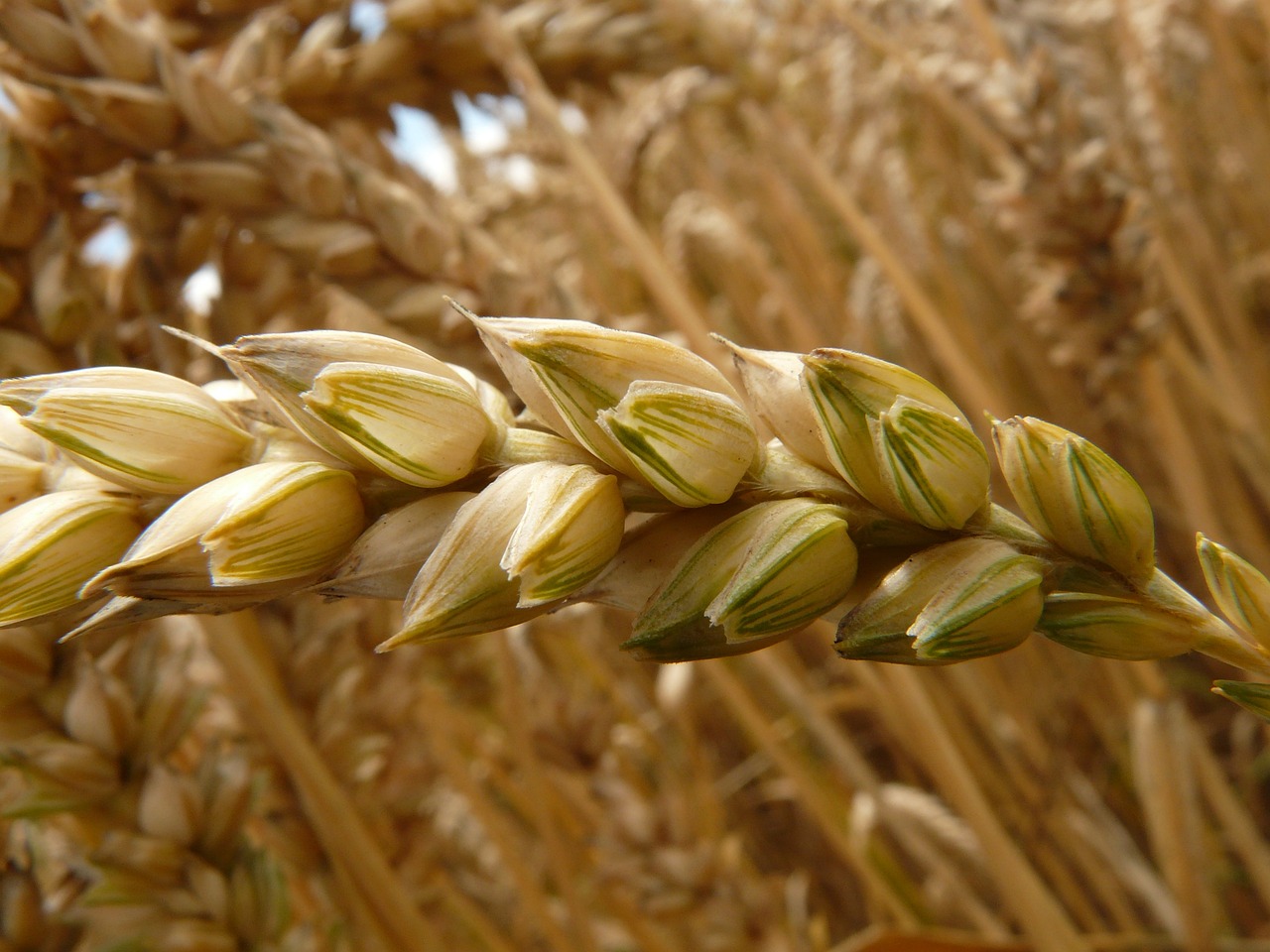Have you ever noticed how the Scriptures are filled with people just like ourselves whose lives take unexpected turns and then blossom in ways that can only be described as flourishing in and for the Kingdom of God.
Take Jacob. His “before” was manipulating his father’s blessing from his brother Esau and then serving his uncle Laban for many years, eventually marrying his daughters Leah and Rachel. His “after” was being the patriarch of the twelve tribes of Israel who escaped from Egypt, received the Law, and were chosen by God to be his covenant people. To this day, we can read in Revelation 21 that on the twelve gates that belong to the New Jerusalem are written the names of the twelve tribes of Israel. The New Jerusalem itself sits on twelve foundations representing the twelve apostles who would reign over the twelve tribes of Israel.
Take Moses. His “before” was the life of Pharaoh’s daughter’s adopted son in Egypt. We all know the story. His “after” was the fulfillment of God’s call to be the leader of his people to the Promised Land. Even now, the Christian understanding of the Paschal Mystery is rooted in the Exodus narrative.
Between the “before” and the “after” of each of these biblical figures there is a point of struggle and epiphany. When Jesus says that the grain of wheat must fall to the ground and die if it is to be more than just a single grain, if it is to bear fruit, Jesus is talking about just this dynamic which plays out also in our own lives. Who we think we are, who we discover ourselves to be as we grow up and mature and try to figure out life, all this eventually needs to give way to the fullness of the way God lifts our lives up into his mighty and eternal plan. We each have a role to play in God’s Kingdom. We each have a mission in life. We were each created for a purpose. It is in those “hinge” seasons of our lives between the “before” and “after” in which we feel the weight and sorrow of the grain of wheat dying. If you are in one of those “hinge” moments, know that this is one way God raises you up to bring you closer to the fullness of life and his glory.
¿Alguna vez has notado cómo las Escrituras están llenas de personas como nosotros cuyas vidas toman vueltas inesperados y luego florecen de formas que sólo pueden describirse como florecientes en y para el Reino de Dios?
Tomemos como ejemplo a Jacob. Su “antes” fue manipular la bendición de su padre para su hermano Esaú y luego servir a su tío Labán durante muchos años, hasta casarse con sus hijas Lea y Raquel. Su “después” fue ser el patriarca de las doce tribus de Israel que escaparon de Egipto, recibieron la Ley y fueron elegidos por Dios para ser su pueblo de alianza. Hasta el día de hoy, podemos leer en Apocalipsis 21 que en las doce puertas que pertenecen a la Nueva Jerusalén están escritos los nombres de las doce tribus de Israel. La Nueva Jerusalén misma está fundada sobre doce cimientos que representan a los doce apóstoles que reinarían sobre las doce tribus de Israel.
Tomemos a Moisés. Su “antes” fue la vida del hijo adoptivo de la hija de Faraón en Egipto. Todos sabemos la historia. Su “después” fue el cumplimiento del llamado de Dios a ser el líder de su pueblo hacia la Tierra Prometida. Incluso ahora, la comprensión cristiana del Misterio Pascual tiene sus raíces en la narrativa del Éxodo.
Entre el “antes” y el “después” de cada una de estas figuras bíblicas hay un punto de pelea y de epifanía. Cuando Jesús dice que el grano de trigo debe caer al suelo y morir para que sea más que un solo grano, para que dé fruto, Jesús está hablando precisamente de esta dinámica que se desarrolla también en nuestras propias vidas. Quiénes pensamos que somos, quiénes descubrimos que somos a medida que crecemos, maduramos y tratamos de entender la vida, todo esto eventualmente debe dar paso a la plenitud de la manera en que Dios eleva nuestras vidas a su plan poderoso y eterno. Cada uno de nosotros tiene un papel que desempeñar en el Reino de Dios. Cada uno de nosotros tenemos una misión en la vida. Cada uno de nosotros fuimos creados con un propósito. Es en esas estaciones “entremedio” de nuestras vidas entre el “antes” y el “después” en las que sentimos el peso y el dolor del grano de trigo que se muere. Si estás en uno de esos momentos de “entremedio”, debes saber que esta es una manera en que Dios te eleva para acercarte a la plenitud de la vida y su gloria.

Sr. Kathryn James Hermes, FSP, is an author and offers online evangelization as well as spiritual formation for people on their journey of spiritual transformation and inner healing. Website: www.touchingthesunrise.com My Books: https://touchingthesunrise.com/books/
Public Facebook Group: https://www.facebook.com/groups/srkathrynhermes/ HeartWork Spiritual Formation Group: https://touchingthesunrise.com/heartwork/
Feature Image Credit: Hans, https://pixabay.com/photos/spike-wheat-grain-field-8740/
